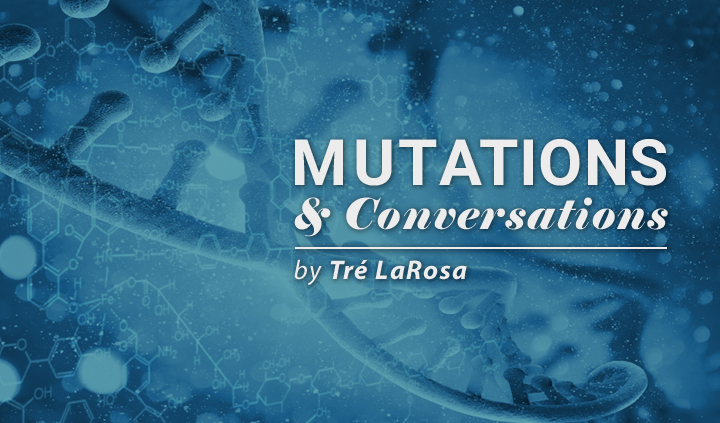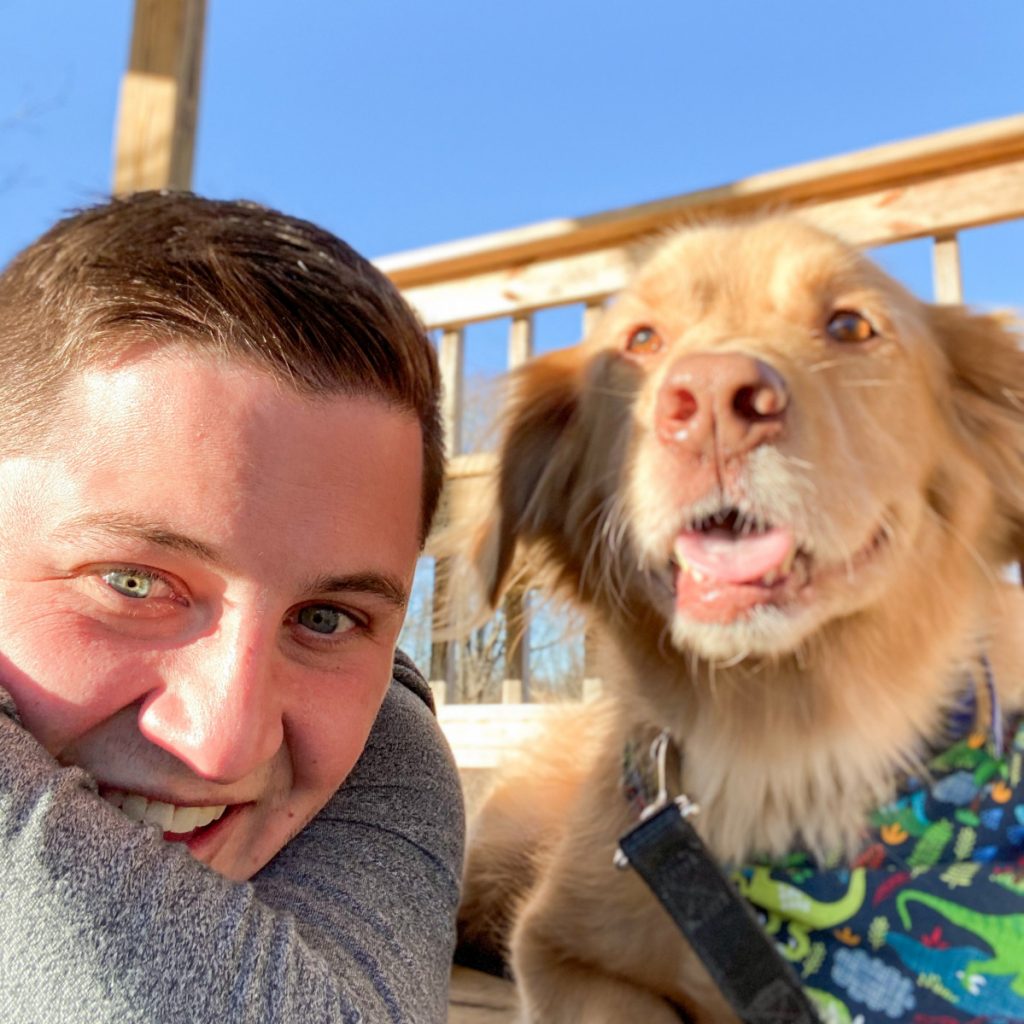We Need to Change Our Language When Discussing Mental Health
Written by |

My brain felt broken. I didn’t know what to do, even after three years of dealing with depression and anxiety.
Our language around our mental health discourse is woefully insufficient. We don’t treat depression or anxiety the way we treat diabetes or cystic fibrosis or heart disease. We treat it like a sprained ankle. While we may not explicitly say it, we find ourselves using language such as, “They’re just doing it for attention,” or “They need to grow up,” or “You just need to get over it, we’re all going through something.”
I’m almost certain that we would never say these things to somebody struggling with heart disease. Most of us still don’t understand mental health, including many of us who have been struggling with it for years.
It’s on us — those of us in the advocacy field, writers, people who have the fortune of feeling vulnerable in public — to progress discourse and advance understanding of the complexities of mental health. I am deeply fortunate to be all of those things. Others aren’t. I don’t take this responsibility lightly. It’s why I write so much and speak about these issues. It allows me to feel a little less insecure, though not always, to discuss the cavernous pain I feel in the midst of my worst depressive and anxious episodes.
Grief, anxiety, depression, and chronic disease have a nifty way of fitting together like a key in a lock. Some days everything comes together to unlock an insecurity in my mind that is either always present but stowed away or never present at all. This intrusive thought becomes a parasite — it first sits undisturbed until it snowballs into the only thing I can think about. It grows and transforms and confers itself onto my every thought. I begin to believe this thought with every inch of my being, with everything else working to confirm its existence in my mind.
During my most recent episode, I couldn’t help but feel that the world would be better off without me. I hate even admitting this insecurity, but it feels crucial for me to acknowledge how much I struggle some days. I would be heartbroken to hear that any of my friends or family members were feeling this way.
When this thought first entered my brain, I tried to sit with it and laugh it off. I immediately acknowledged it as a dramatic overreaction to whatever insignificant situation triggered it. Then, in typical anxiety fashion, I dismissed myself for calling a valid feeling dramatic — perpetuating the situation in a dangerous cascade fashion. I can’t really go any further into how this works, but I can say that when you’ve experienced this type of anxiety, you know how broken your brain can feel as it delves into the rabbit hole.
Just as we have some personal responsibility to ensure we remain compliant with our cystic fibrosis treatments and medications, we share some personal responsibility for handling our mental health. We need to find and develop the best strategies we can to mitigate these episodes. We should speak with a mental health professional, learn to meditate, learn to sit with ourselves and wait for it to pass, or reach out to others when we’re struggling. I don’t think anybody would fault somebody with CF for reaching out when they were feeling down. So why don’t we empathize nearly as well with somebody going through a depressive episode?
There is no doubt we all want to feel loved. I’d venture to say it’s one of the few universal human experiences. Feeling loved and having a sense of belonging allows us to be our best selves. We flourish when we feel that others want us here alongside them in this game of life.
It’s on us to provide a space for others to vent and express their insecurities. We have to allow others to express their feeling of not belonging without shaming them or claiming they’re seeking attention. We’re all seeking attention and validation in one way or another and we do ourselves a disservice to pretend otherwise.
Solidarity with our fellow humans, especially those struggling with depression and anxiety, is one of the simplest, most human, most romantic actions we can ever do. We must provide them with a chance to express their insecurities. It’s them today, but it could be you tomorrow.
And I hope somebody is there for you when you feel as if you don’t belong. I wouldn’t wish that type of loneliness on anybody. Let’s be good to each other, today and forever.
Follow along with my other writings at my humbly named site, www.trelarosa.com or subscribe to my newsletter at trelarosa.substack.com.
***
Note: Cystic Fibrosis News Today is strictly a news and information website about the disease. It does not provide medical advice, diagnosis, or treatment. This content is not intended to be a substitute for professional medical advice, diagnosis, or treatment. Always seek the advice of your physician or other qualified health provider with any questions you may have regarding a medical condition. Never disregard professional medical advice or delay in seeking it because of something you have read on this website. The opinions expressed in this column are not those of Cystic Fibrosis News Today, or its parent company, Bionews Services, and are intended to spark discussion about issues pertaining to cystic fibrosis.








Leave a comment
Fill in the required fields to post. Your email address will not be published.